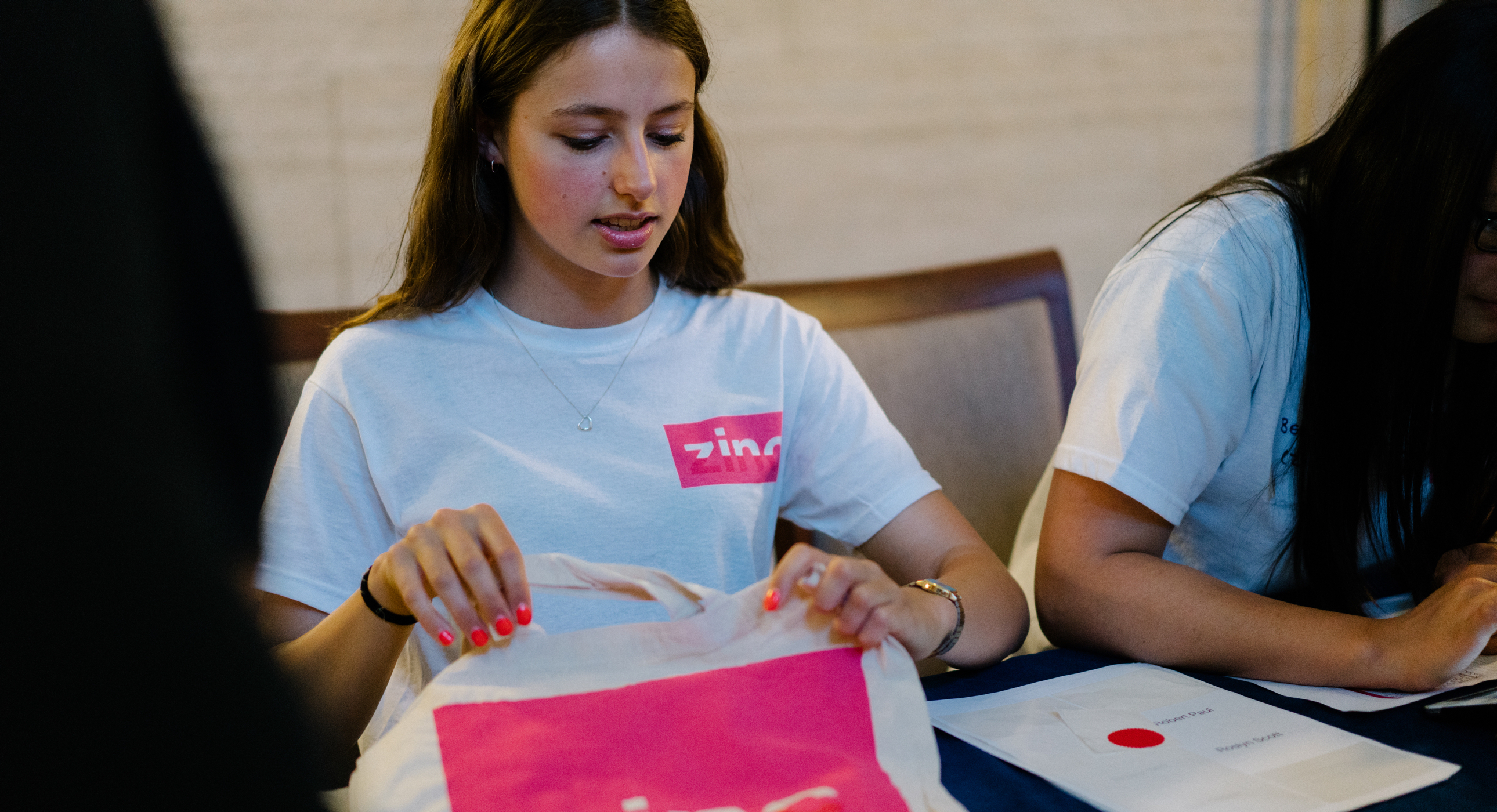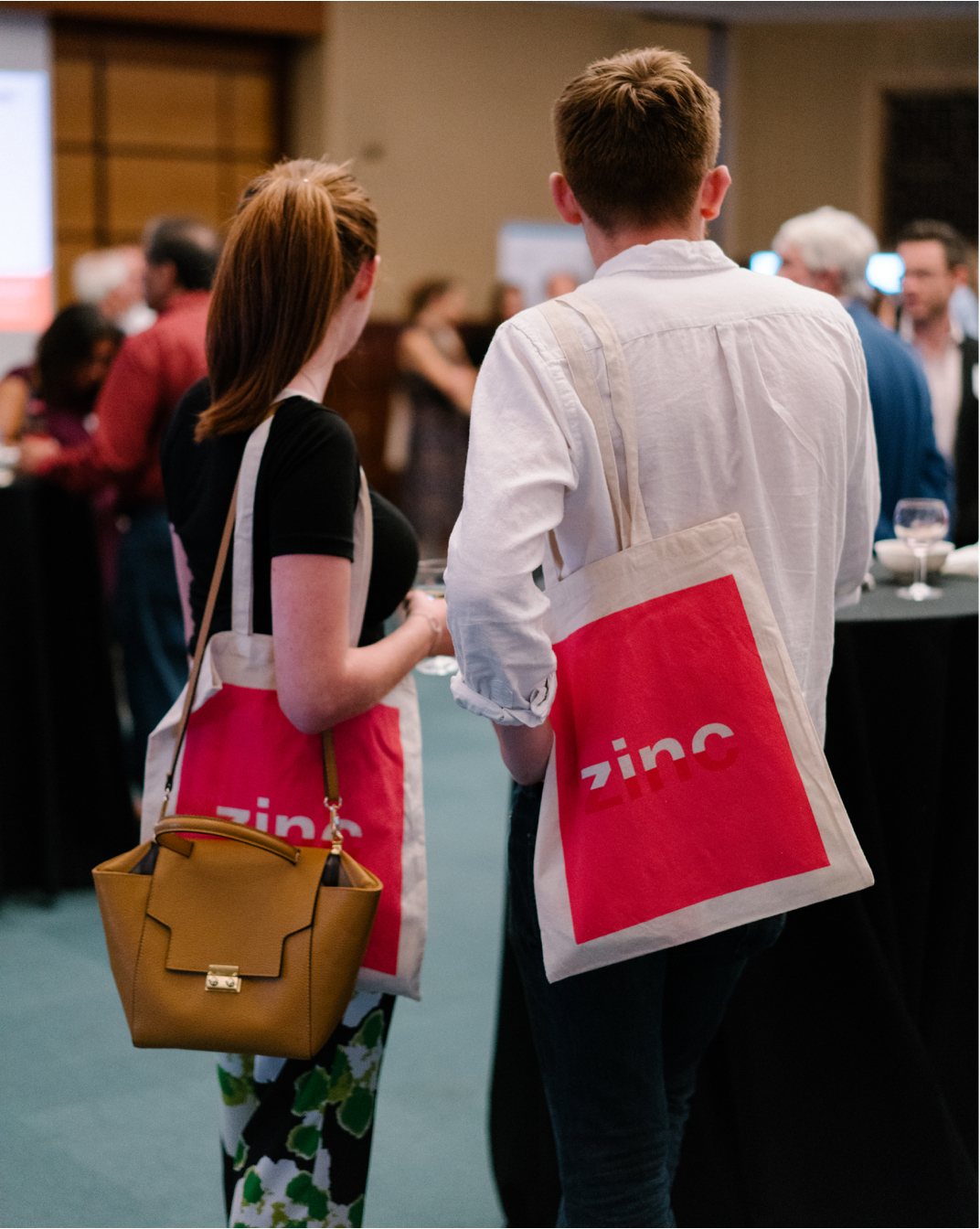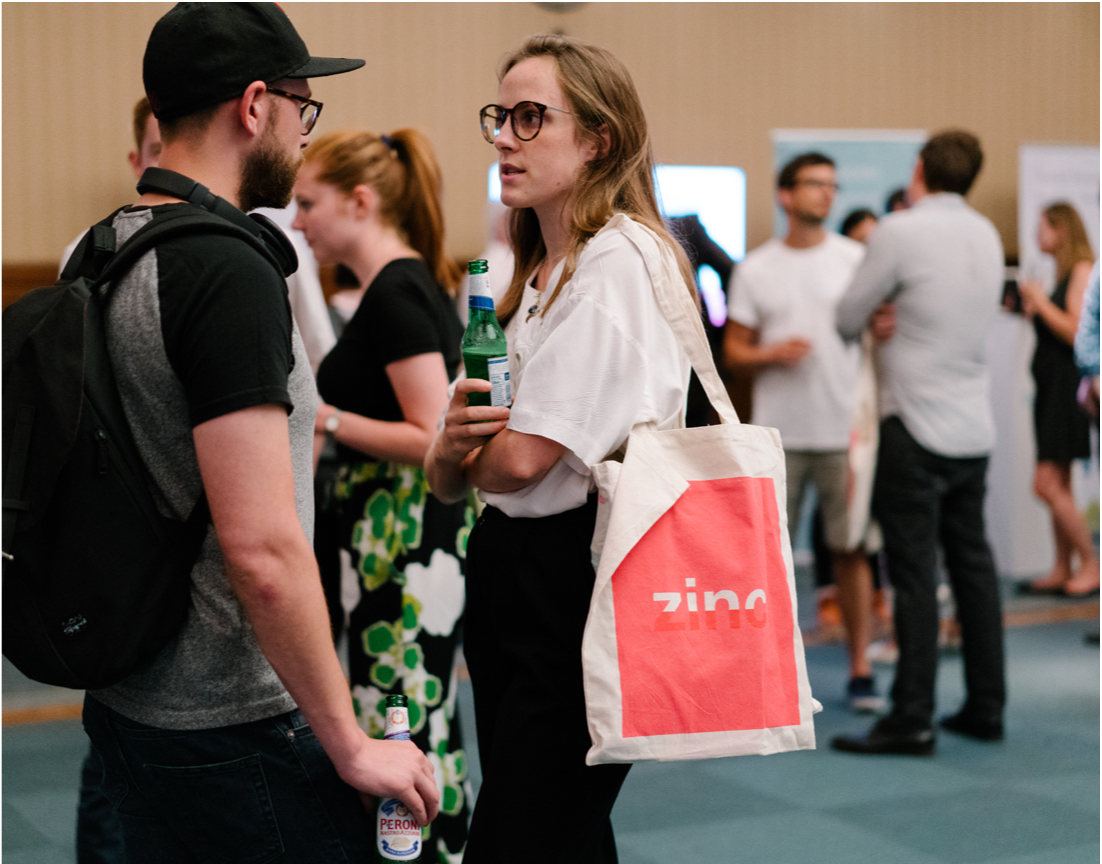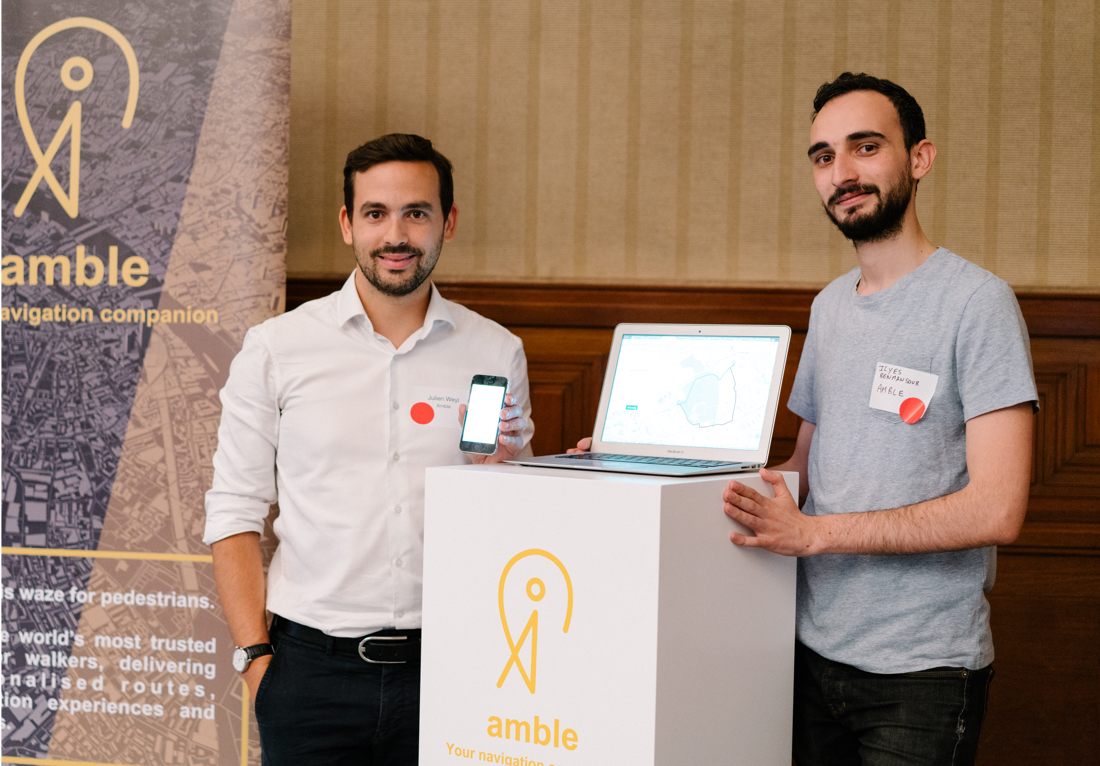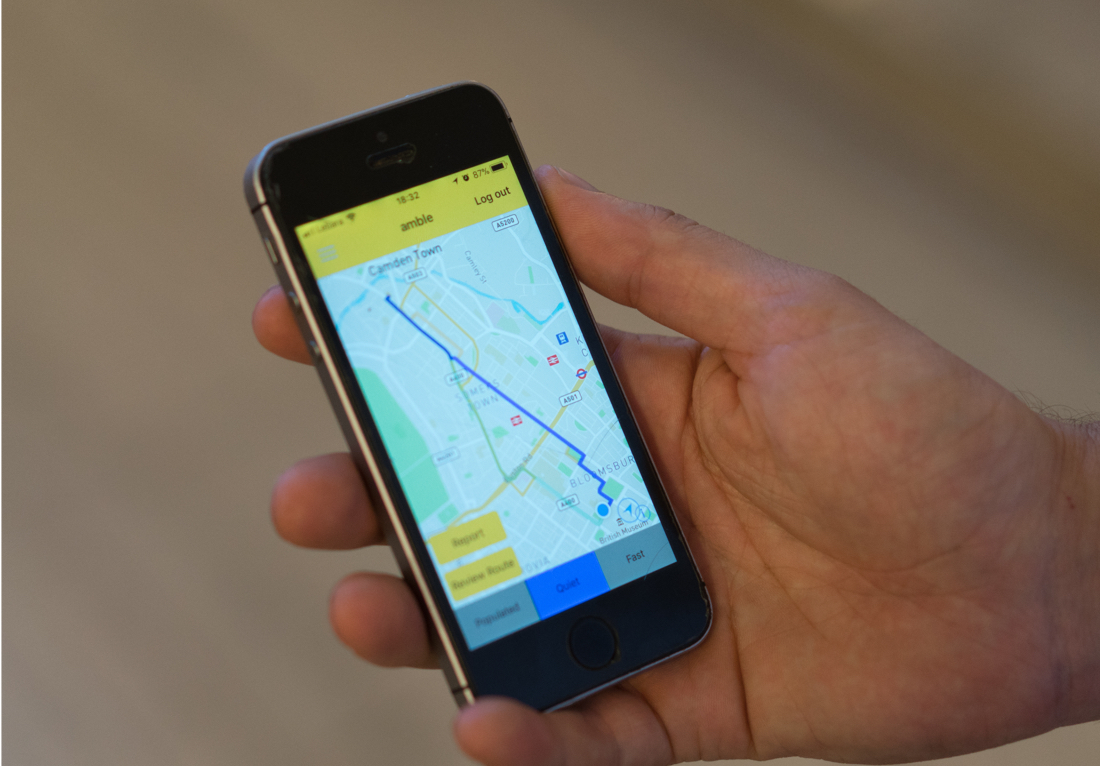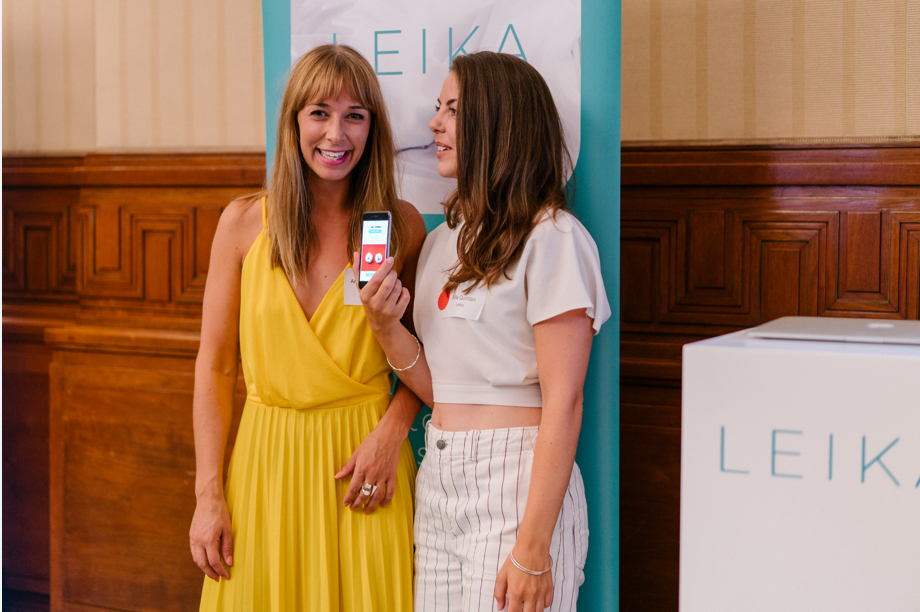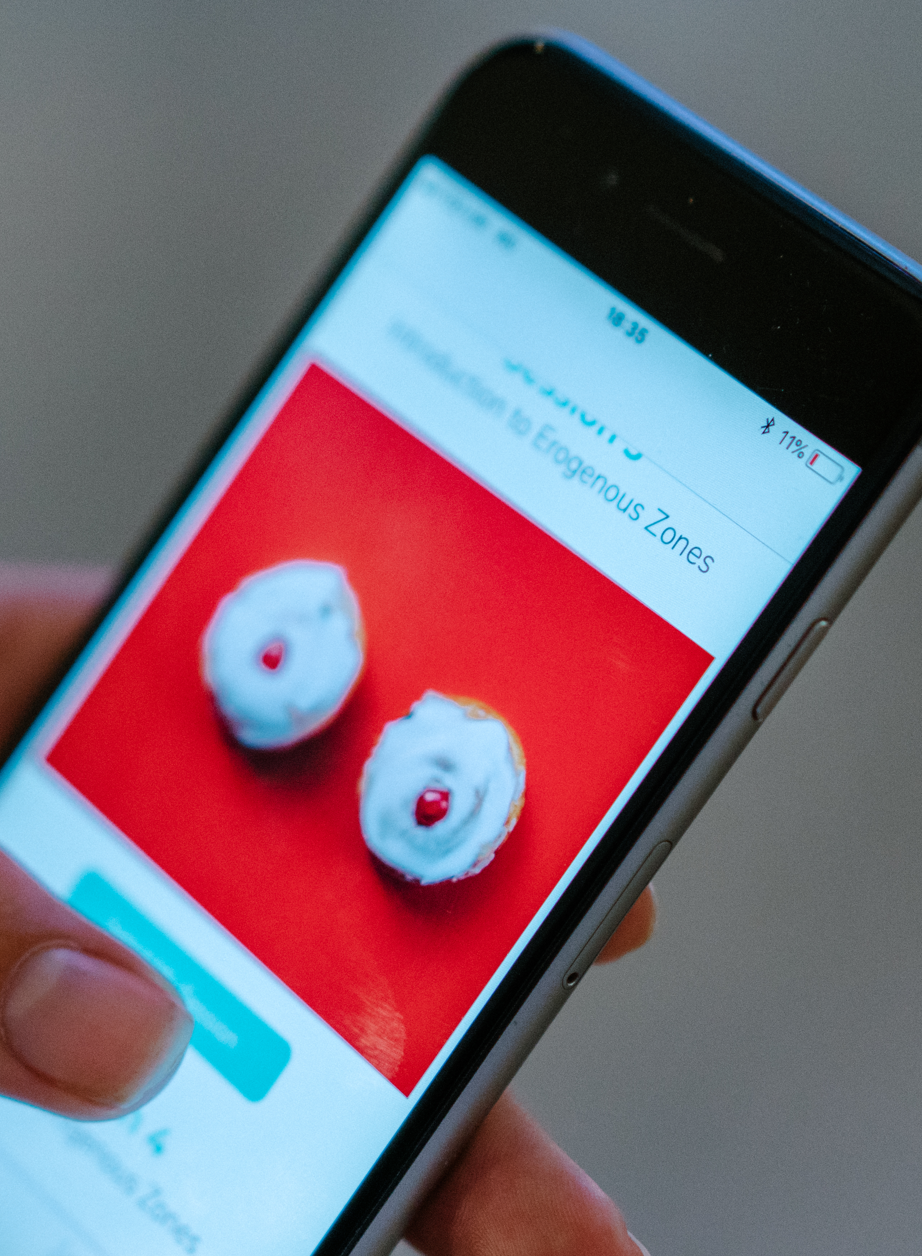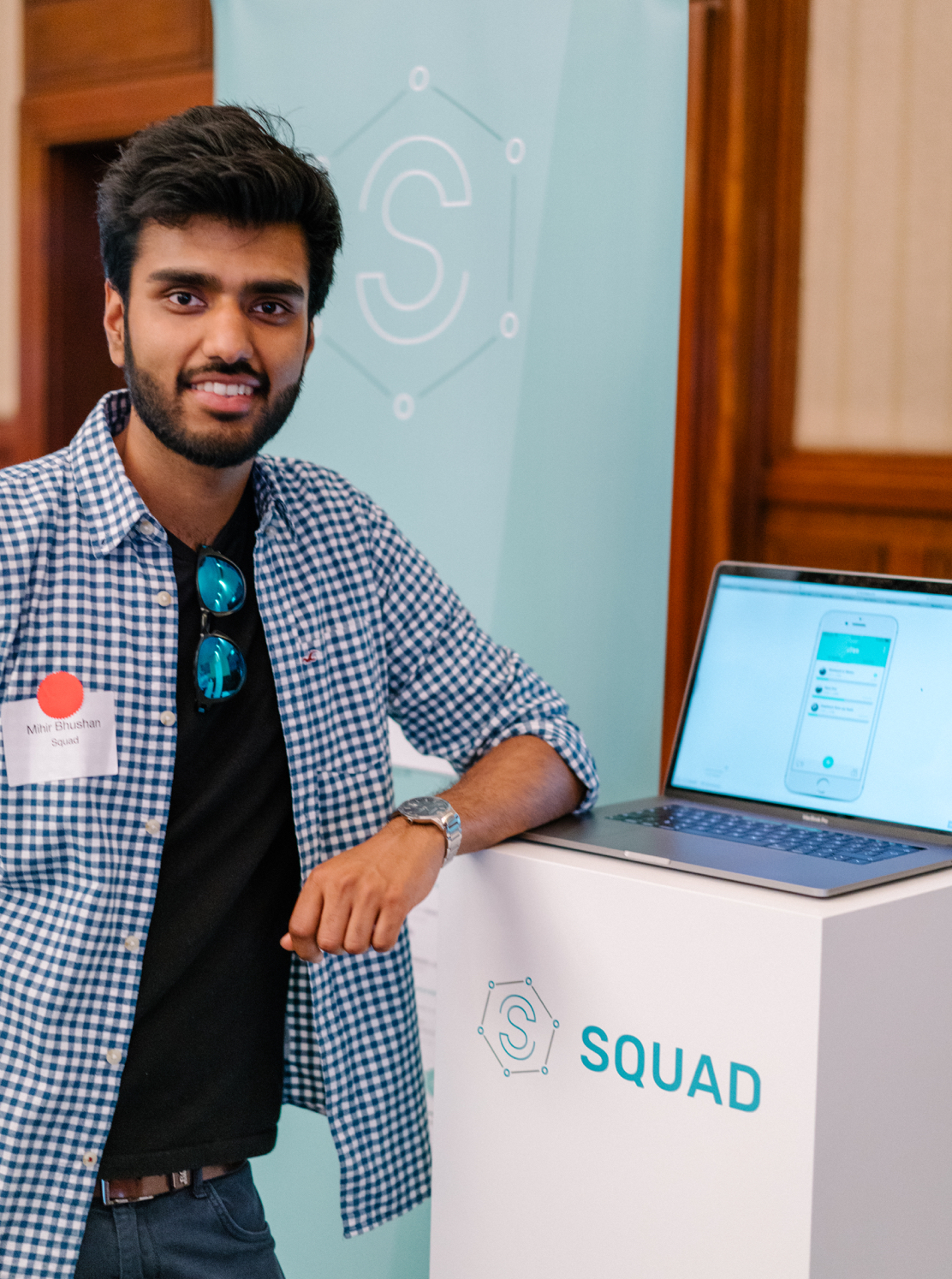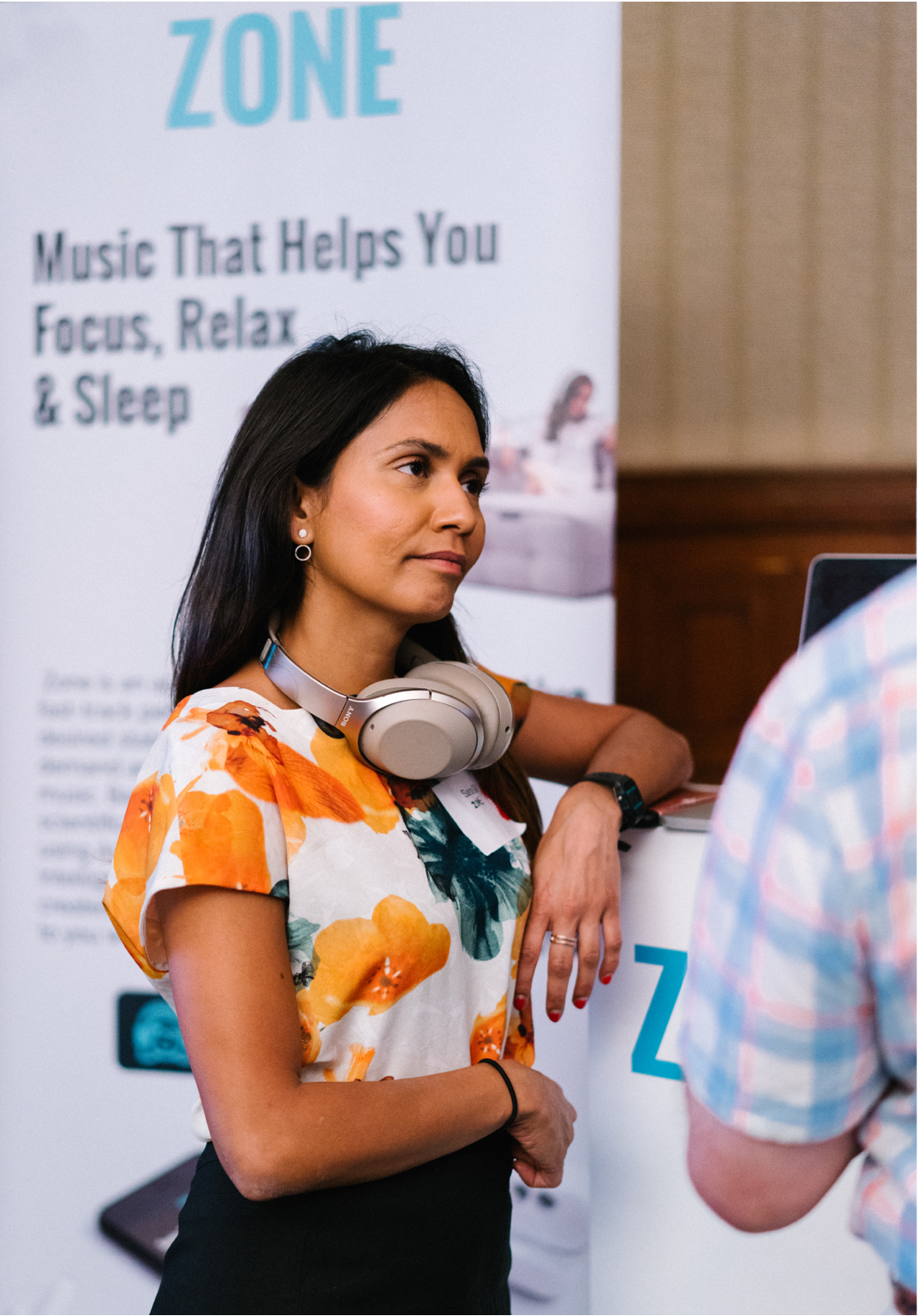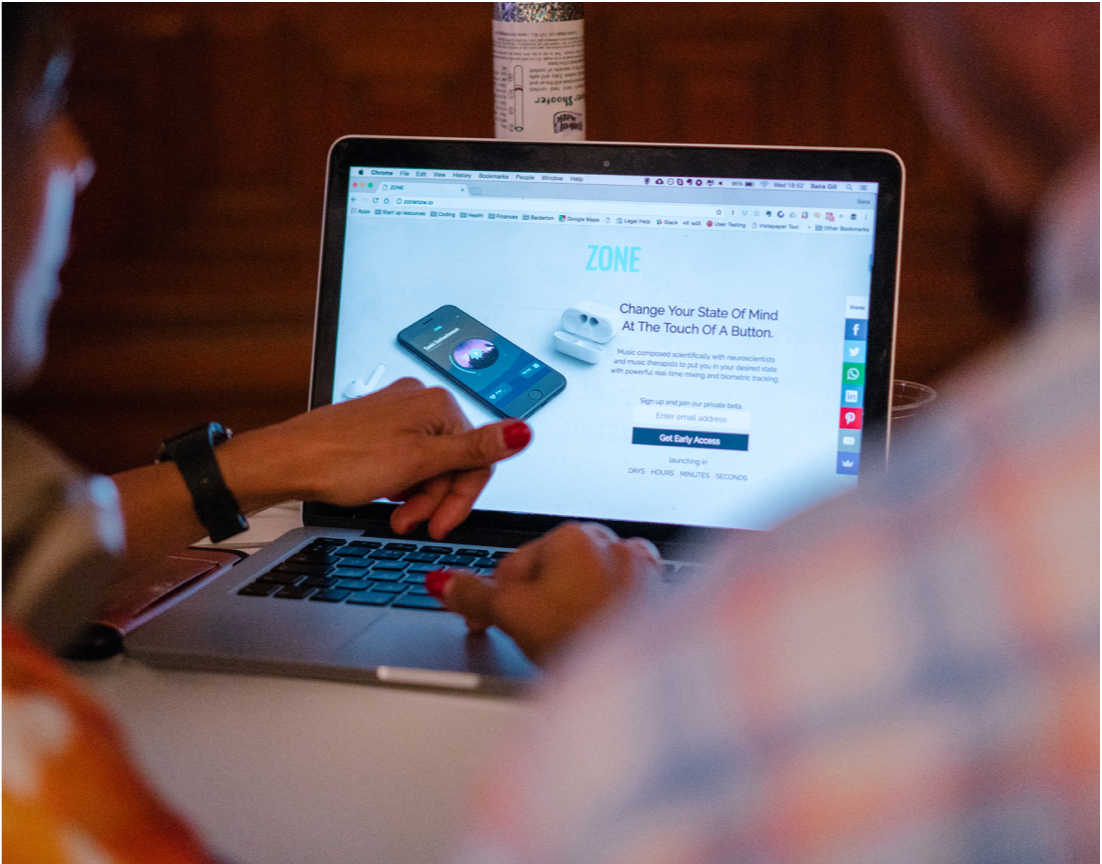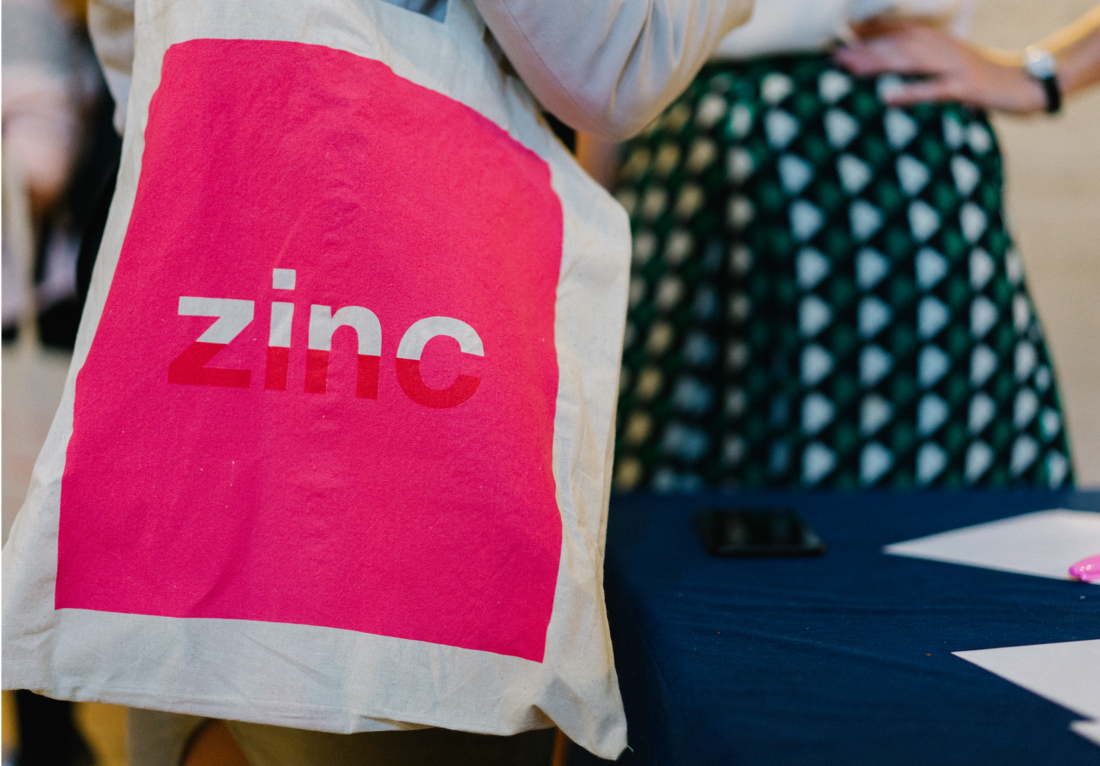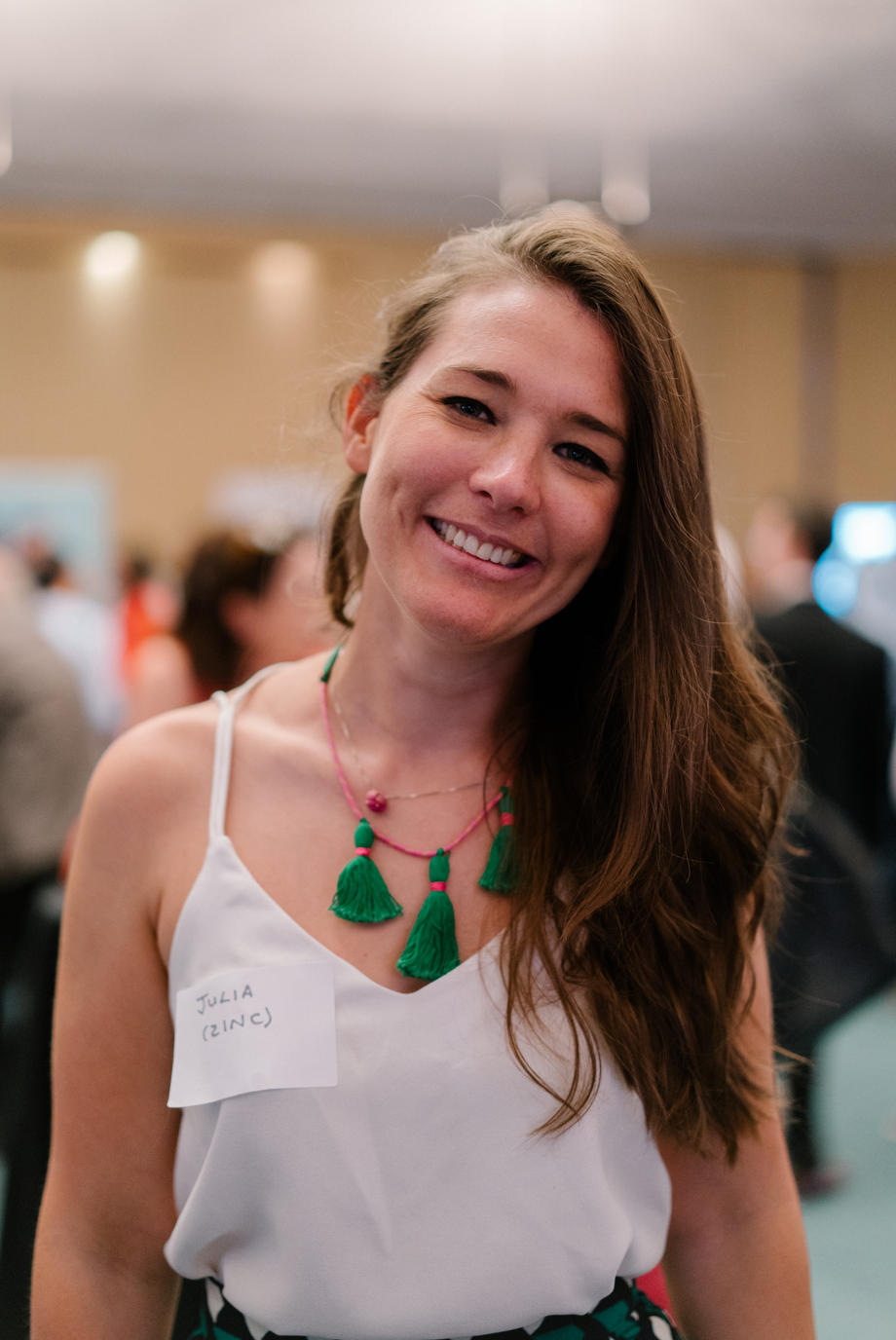Reimagining social enterprise — Why Zinc introduces Marvel to their incubator startups
- 55
skilled individuals
From 800 applicants to their programme Zinc chooses a diversely skilled 55.
- 2
week bootcamp
Successful applicants are given an overview of the challenge they’re solving.
- 6
month programme
Helping them find business partners, gain access to funding, industry leaders and resources.
Industry: Social enterprise
Locations: London
Businesses are normally formed by an individual or team coming together to solve a problem. But what happens when you bring 55 skilled individuals together into an accelerator/incubator, give them a brief, access to funding, industry leaders and resources? Zinc.
Since its launch in late 2017, this innovative company has had more than 800 applicants wanting to be part of its programme. Marvel has been instrumental in helping the teams build apps, user test and focus their ideas into game-changing businesses.
“We bring a group of strangers together, put them on a six month programme and help them build businesses"
Founded by Saul Klein, a venture capitalist and part of the original executive team at Skype, Zinc is trying to reimagine social enterprise. For those at Zinc, that reimagining starts with a mission.
For the first cohort, the mission is to create businesses designed to improve women’s emotional and mental health. “We all have mental health, so this mission applies to everyone.”
According to Mind - a UK mental health charity, 1 in 4 people will experience a mental health problem each year. Nearly eight in 100 people suffer mixed anxiety and depression, and two per cent will experience a mental disorder.
However, there is a shortage in funding for mental health projects. Though mental health problems represent 28 per cent of the disease burden in the United Kingdom, this area accounts for only 13 per cent of NHS spending.
Only one third of people suffering from mental illness receive formal treatment, with a lack of available services playing an important role in creating this care gap. It’s estimated the UK economy loses more than £100 billion each year due to mental health-related sickness and unemployment.
So in 2017, Zinc opened applications for people to apply to be part of the first cohort. Some 800 sent applications back. Only 55 were chosen.
“We looked for people with strong, complimentary but diverse skill sets in a specific domains, rather than generalists, to form teams and co-found businesses together,” says Julia.
The cohort includes clinical psychologists, doctors, mathematicians, designers, software developers and programmers. The challenge for Zinc comes with how do you get people who not only don’t know each other, but come from different industries, with differing levels of tech and business experience, to work together?
Building a business
“The first two weeks of the programme is a bootcamp,” says Julia. During which, the 55 successful applicants given an overview of the mental health field and are shown some of the issues practitioners are facing. They also all systematically meet each. “It’s a bit like speed dating,” says Julia.
“After the bootcamp we set them projects, and teams begin to form. It’s in this phase they will do a lot of user research and unearth the problem they’re trying to fix.“
Those problems have included everything from how music can help people manage their moods, to apps that allow women to explore themselves sexually, to Alexa-style digital assistants for families.
But as the teams start to develop answers to those problems, another challenge presents itself.
“A lot of these products have never been seen before, so trying to explain those to people just using words, can be tricky.”
That’s where Marvel comes in. Here are just a few of the teams who used Marvel to create their business ventures.
Amble
Zinc brought together three individuals from around the world to form Amble, a navigational app that provides personalised safety routes. Their first mission is helping women feel safer in cities around the world. Alongside using a traditional map, the app also employs voice navigation to help people stay more present on their journey. “Marvel really helped us shape what we built,” says Milena, co-founder.
Users can create customised safety routes where they have the option to take a well lit street or avoid parks or alleyways. Amble achieve this through an algorithm which uses a direction API to navigate users like a typical mapping service. Along with that, they receive real time community source data where users can report any issues they experience on their modified routes.
The team used Marvel during their third stage of user testing. After their literature review, surveys, focus group discussions and one to one interviews they took to the street. Which is where they realised they needed to put something physical into people’s hands, adopted Marvel and instantly saw a more positive response.
“I think the benefit of Marvel is that it made it all real. It made Amble look alive for the people we were talking to, they could really conceptualise and understand the product. Ideas sound great but if you can’t really visualise you don’t know that you mean the same thing.”
Bold
Co-Founders Elena and Medical Doctor Jossy wanted to create an app which provided a healthcare solution that also tied into Zinc’s overall mission. They identified an opportunity in the link between mental health and long term physical conditions, narrowing these down to functional somatic disorders which are experienced more by women. These conditions are not caused by specific disease but from stress, anxiety, depression and genetics.
Their app will first target women with Irritable Bowel Syndrome (IBS) and act as a solution which treats the condition through mindfulness and hypnotherapy. “We found evidence that if you can reduce the stress and anxiety in these people you dramatically improve their physical health too,” says Dr. Jossy Onwude.
There’s research that shows you can use Cognitive Behavioural Therapy, Hypnotherapy and mindfulness to treat IBS, and it’s being heavily researched across the world. Bold are working with professors from Oxford University and Manchester Hospital, known for hypnotherapy, to find a digital solution.
“I’ve used Marvel before because I am a design freak. I care a lot about design because it really sets you apart from other products on the market. I used a mix of tools to create wireframes and the basics and pulled them into Marvel to make it interactive.”
Leika
For Leika co-founders, Billie, Anna and Quinn, finding each other was one of the biggest values taken from the last six months. Anna tells us, “Finding people who have a combination of shared values along with a similar level of ambition and an all in mentality is important. People who can have fun, are comfortable with risk and who don’t take themselves too seriously.”
The three of them share a strong passion for social impact but also for being as creative with tech as they can be. Their app, Leika, uses artificial intelligence to improve the sexual well-being of women the world over.
Grounded in science and core learning modules, Leika draws on voice technology to guide its users through journeys of self-discovery whilst empowering them to practice communicating what brings them sexual pleasure. After each session, users are shown detailed metrics on their pleasure hotpots, allowing Leika to get smarter over time. The team’s vision? To build a future where, regardless of gender, pleasure is a priority.
They used Marvel from the beginning, ranging from wireframing, prototyping and building out the product then moving on to using it to gain external feedback from advisors and users.
“One of the ways in which we used Marvel was to articulate what the product was and how we see it. There was a lot of debate at the beginning on whether we are entertainment or educational. We’re somewhere in the middle! Marvel gave us the tools to map out the user journey in a way that allowed us to align on our product and its purpose.”
Squad
Mihir and Padraic, Squad’s co-founders, are on a mission to make money engaging for digitally native Gen Z who love shared experiences. “Research shows that you are much more likely to save more in a group working towards great experiences through social motivation, social accountability and learning tips & tricks from each other,” says Mihir.
Squad is social savings platform to engage young people with their finances and get them saving. Young people will come together in a group message format called a Squad and save money through a number of mechanisms. As they save money, they unlock great experiences they can choose to do together as a Squad.
“We’re trying to redefine the way that money is managed, making it a social & rewarding activity that you do with your friends, thereby drive a new social norm where it’s good to talk about money.” Squad used Marvel right from the ideation stage:
“It’s one thing saying we’re going to create something but once you start making it on Marvel it’s not just a prototype to show to investors anymore. It’s also a tool to get your head straight and make both small scale design decisions and the high level decisions.”
Zone
Saira and Yassine, co-founders of Zone, sit at the intersection of technology and music with the mission to increase people’s mental health and fitness. Zone, the first scientifically formulated, personalised and transformative app to fast-track you to any state of mind ('Zone') at the touch of a button. They are creating a new way to consciously and effectively use music for a wide range of positive emotional and performance effects, by applying a unique methodology based on scientific research and Artificial Intelligence.
They have initially created music with neuroscientists, music psychologists and therapists, and musicians to get you into a relaxed and sleepy state. After helping people relax, they want to then expand into further states, including focus and energise. They will also offer clinically backed music alongside their house-created sound to help people with more severe mental problems like anxiety, burnout, and depression.
Using Marvel since the initial stages of user research, they were able to identify the core features that their users wanted within the app: personalisation of music in real-time to match their needs, environment and goals, and a way to measure the effect of it. “Without the rapid prototyping using Marvel, we could not have figured out the core features needed by the users of our product so quickly! It gave us a huge advantage in an environment where execution is everything” said Zone’s CTO Yassine Landa. You can see their demo here.
Marvel means everyone can be a designer
For some in Zinc’s first cohort, design isn’t something that has formed part of their careers, let alone prototyping and user testing. But Marvel’s intuitive interface and simplicity has allowed people of various skill sets to pick up the basics quickly.
“One of our members is a clinical psychologist in his 50s, and he’s found it incredibly easy to use and visualise his ideas on Marvel. For others who are incredibly tech savvy, they picked it up really quickly and have used it to help develop not only the UX of their solutions but UI, too,” explains Julia.
For one company in the cohort, using Marvel even went so far as to change how their app worked.
“Once they created the Marvel prototype, they found people were using it in ways that wasn’t quite expected. So it really helped them focus and change their ideas to reflect how people used it.”
Marvel has helped ignite the imaginations of potential users by giving them something physical to see and experience, says Julia. It’s also helped the businesses inside Zinc explore different ways to build and present products without having to create a final product.
“When we came across Marvel, we were so surprised this didn’t exist before. It was this great tool that let anyone become a designer, people didn’t need InDesign or niche skill sets, everyone can pick it up for free.”
It’s also made the process of recruiting people for future cohorts simpler. Julia and her team can select people based on their skills in their chosen professions, rather than their knowledge of design or UX.
“Marvel can adapt to super users and beginners. They can move at their own speeds, and it is as satisfying experience for both of them on both levels.”
